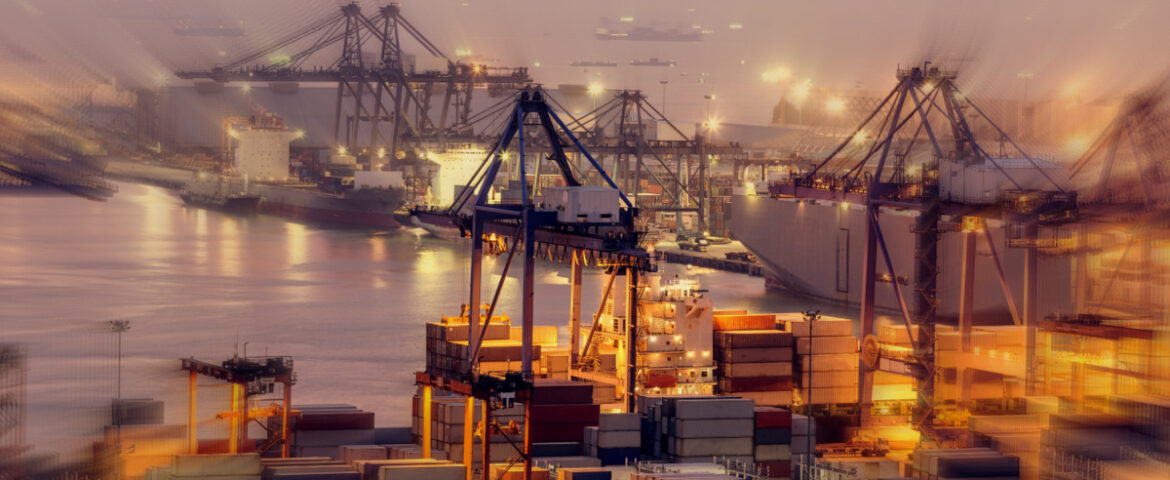It is argued that it is time for the wider Slow Movement, which advocates a more measured pace in everything from cinema to gardening, and more recently the Web and Science, to apply in port studies development and dissemination as well.
4.
True, building a foundation of knowledge in the field is not easy in today’s ivory tower. Modern researchers prosper in academia based increasingly on the quantity of research they published the immediate past year(s), rather than the quality of this output.
Each of us is jockeying to increase the number of his/her annual publications to win the race of promotion, and quite many are seduced by the temptation to write another article with limited extension of one previously written and can, in our haste, self-plagiarize or diminish the value of the work which would have been better served by fewer, best quality articles. Reviewers and editors are increasingly aware of such practices, while publishers are ready to increase the number of journals, annual volumes, pages, or even create pay-per-publish open access journals.
Even the experienced scholars rely on their experience to produce more. The pressure is such that several of us, even those at the level of professor in a tenure-granting institution prefer spending time and effort to publish ‘something’, even in a journal of doubtful quality, rather than devoting few reading days in the office.
Speed of today is such that as researchers we hardly go deeper or even read studies of the past. Citations provide the proof for this. We noticed that quite a few times scholars are referring to older papers while it is evident that they never actually read them; we have identified one such mis-citation that took place in 1985 and has being repeated again and again for more than three decades. From the perspective of port researchers, many of the more important journals have not been widely adopted by libraries, and some journals where relevant research output is published are only now seeking to have a citation impact factor. The modern scholar searches the electronic journals readily available in library databases, relies on citation indices to indicate the most important journals in the field and reads few others unless the process of discovery is cherished, not common in the modern time-starved world of the academy.[5]
Most authors only refer to newer papers published after 2000 for the simple reason that older papers often are not included in search engines such as Google Scholar, or the citations to these papers are not counted. Exploring the citations to our very own studies, we noticed that some just refer to them without further discussing or adding conceptual or methodological value. Self-citations are disturbingly used as the mean to produce respectable lists of references; after all they increase the authors ‘Google citations’ reports when academic authorities like anything that seemingly quantifies research output and a scholar’s significance.
The newcomers rarely read the foundations of port studies. As they are ‘obliged’ to publish, they tend to mix enthusiasm with the following of guidelines and techniques that allow them to do so sooner than latter. Who has really studied those seminal studies of the previous decade providing findings with durability? Who has knowledge of the ‘classics’ of the previous century that changed the way that ports make decisions or formulate strategy, or had an impact on subsequent scientific concepts and research? The conclusion that newcomers commonly draw is that this is a young field, only coming into its own in the last decade. However, the field is much older but modern scholars rarely visit the earlier works.
Choices of research themes reflect practical issues that dominate the news and information is (electronically) available. The extent is such that many consider today the terms ‘port’ and ‘container port’ as synonymous, or the ‘big vessels’ problem as an issue faced by all. As we all turn attention to the Web, the number of specialised sites and thousand of social media postings per day vying for our attention is accelerating faster than many researchers can handle. In between endless response to e-mails, the accumulated information is limited to (re)production of infographics, and the agenda focuses on reduced number of topics, against the multiple needs of the port and port related industries.
The “publish-or-perish” mentality is much focused on outputs that are not always well embedded in the extant literature or might only marginally add value to the field.












